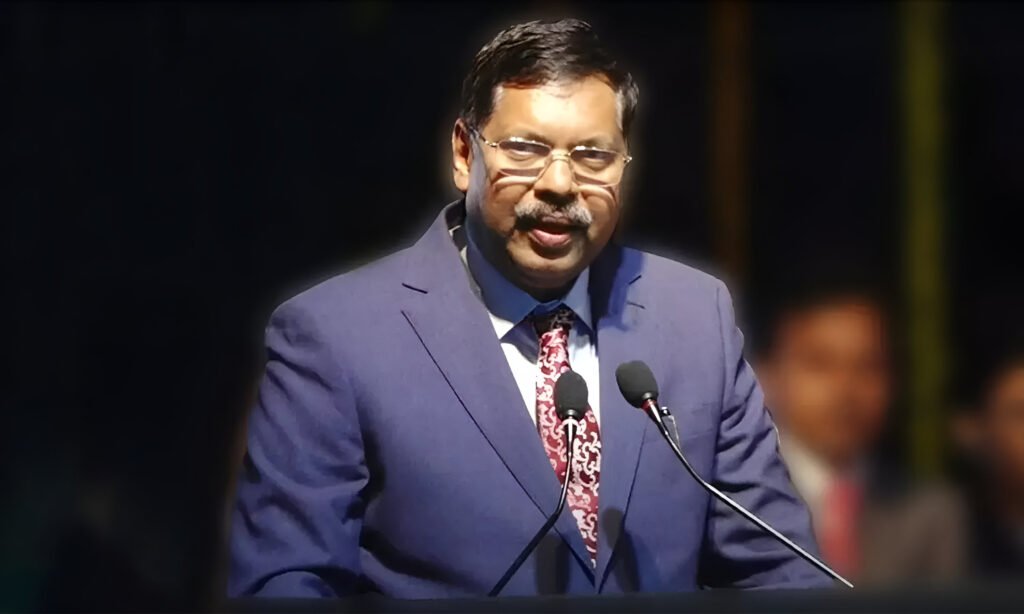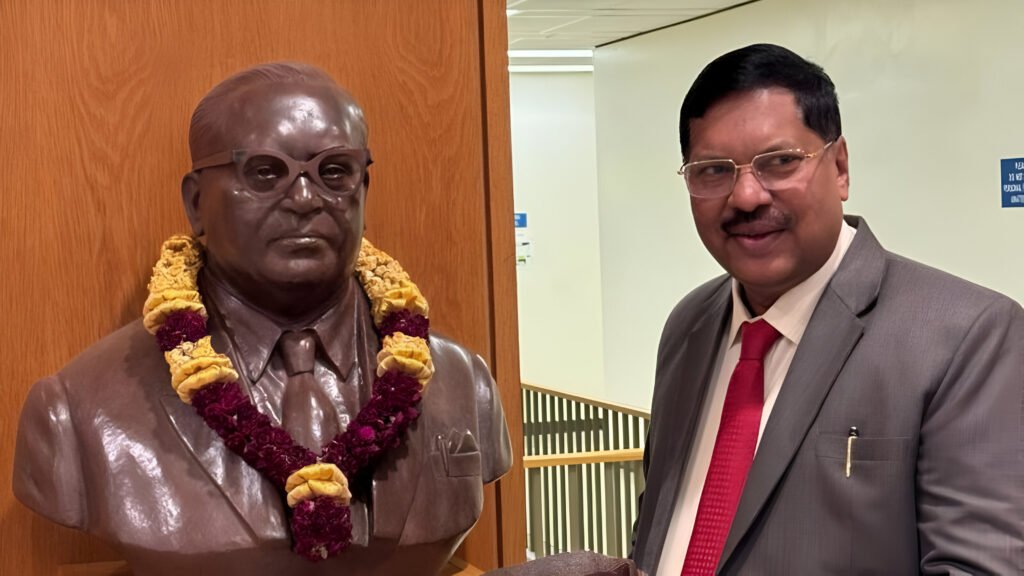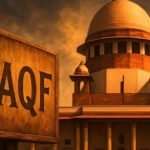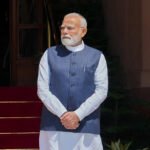
‘We Have a PM Who Proudly Says He Reached the Position Because of the Constitution’: Reflection by Justice BR Gavai on Democracy in India
The Indian Constitution acts as a guiding principle of democracy in the nation while tackling justice and providing opportunities to all citizens. In his speech, Justice Gavai talked about the inclusivity brought forth by the Constitution, especially about the marginalized groups in the governance system. The existing values of our Constitution allow people who come from socially disadvantaged backgrounds to attain the highest possible position in the country, like the office of the Prime Minister, eloquently arguing that the values of the constitution enable so many to rise to power.
The Social Ladder and The Constitution
The memories and lives of people like Justice Gavai illustrate the social changes brought forth by the Indian Constitution. Affirmative actions must have played a huge role in shaping the cap of a SC judge over the nation’s top court thanks to the order system placed on inclusivity in the Constitution. The social changes he spoke of stem through representation as well; on the appointment of Gavai, the date was moved forward by two years so that SC judges would be represented on the bench.This ruling ladies and gentlemen not only acknowledged his remarkable skills as a lawyer, but it also captured the attention of the legal and social spheres in relation to their reverence for inclusion and to put diversity into action.
Justice Gavai made clear that this development further sows the seeds of the Constitution’s endeavours toward achieving social and economic justice. He further added “It is only because of the Indian Constitution and the vision of Dr. Ambedkar that we have progressed in achieving social and economic justice benches,”
Defending the Constitution: The supreme responsibility of the judiciary.
Throughout his public addresses, Justice Gavai has on every occasion given attention to the protective nature of the Constitution that resides within the judiciary and on the final ward of justice that is provided. He explained that it is one of the very basic tasks of the courts to update and give new meanings to laws to keep pace with developments in society and from the viewpoint towards the constitution, the form that aids in facilitating constitutionalism, the interpretation adopted is the one which is most enlaborate friendly is constitutionalism.

He explained in detail that the two concepts of democracy and judicial review are directly linked, which can be put forth as the principles of the fundamental structure of the constitution. Reinforcing the constitution as the supreme law and deciding whether acts by parliament and decisions made by the government are legal or unconstitutional is an action within the scope of the judiciary which sustains the constitutional democracy of the country.
In Defense of the Constitution: Empowerment of the Indian Executive is Self-Explanatory
Justice Gavai’s remark concerning the Prime Minister’s acknowledgment of the Constitution as a factor in his development indicates how empowering the Constitution is. The Prime Minister’s life story – from rags to riches and from starting as an ordinary citizen to the supreme head of the executive branch – portrays vividly the dreams and opportunities the Constitution offers to all citizens, irrespective of their financial status.
This, in the words of Justice Gavai, proves very decisively how the Constitution further enables influence and affluence the marginalized to access multifaceted avenues of influence and affluence-enabling many transformative roles.
Equitable Dispensation of Justice
In celebrating the effort of the Indian Constitution to deepen the governance inclusion, Justice Gavai is particularly sensitive too regarding concretes which, tragically, may destroy the trust in the system. He showed discontent with jurists who publicly deal compliments with certain no name politicians or civil servants. His unease is two-fold: Firstly, there is no such space for judges in active politics and secondly, it just worsens public trust in judiciary impartiality.
Justice Gavai observed the importance of judges not only respecting the ethics of their office in public but also after work hours. He mentioned the separation of powers, in particular the independence of the executive and legislative branches, saying that any infringement on this independence would undermine the possibility of justice being dispassionate.
Final Thoughts: Taking Note of the Constitution’s Redemptive Feature
Justice BR Gavai’s remarks illustrate how social justice and participatory governance are at the heart of the Indian Constitution. Primarily, he along with the Prime Minister embodies constitutional instrumentality when showcasing the upward mobility of once socially disadvantaged citizens who now assume influential roles in the country.
While developing, India should focus on the constitution’s guidance and enforcement of nonpartisanship in justice, as well as equal access to advancement opportunities for every citizen. This fosters a movement towards a truly just equitable society.











